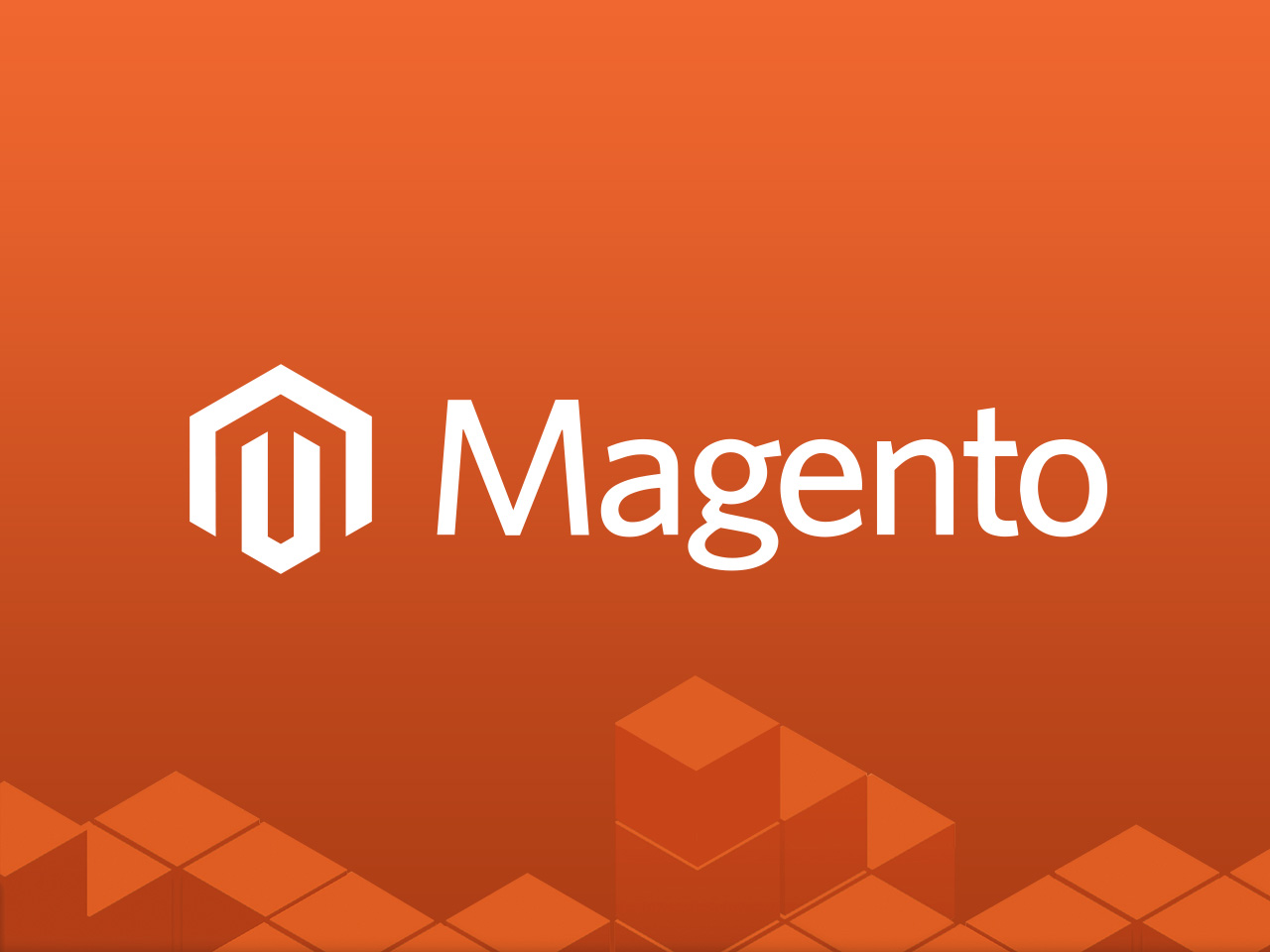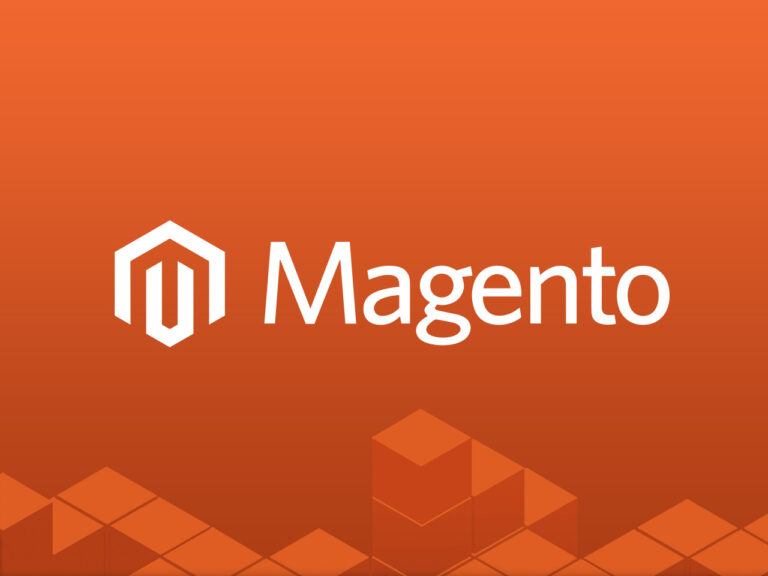Coffee is one of the most widely consumed beverages in the U.S. and worldwide. Americans consume 400 million cups per day, making the U.S. the world’s leading consumer of coffee.
E-commerce and coffee go hand-in-hand. As the market grows — and becomes more competitive — coffee companies are coming up with more creative ways to get their products to online consumers.
The E-Commerce Times recently spoke with coffee and e-commerce experts to get their views on what’s involved in successful online coffee sales.
“Selling coffee online was very popular even before the pandemic hit, which, of course, increased demand for all goods online,” Murry Ivanoff, cofounder and CEO of Metrilo, told the E-Commerce Times. His company is an analytics, CRM and email marketing platform provider. “Coffee connoisseurs are really serious about their passion and very proactive in their search for interesting blends.”
Specialty coffee sales are increasing by 20 percent annually and account for nearly 8 percent of the $18 billion U.S. coffee market. Because selection in local stores can often be limited, e-commerce allows consumers to find specialty coffee products that they might not otherwise have access to.
“Since coffee in the supermarket has never been anything special, specialized online stores filled the niche easily,” explained Ivanoff. “Coffee lovers do make an effort to discover new flavors and suppliers, so reaching them online is not hard. In addition, coffee is a regularly-bought product and one that’s easy to ship, making it perfect for online sales.”
With the pandemic prompting people to stay home rather than go out to cafes and restaurants, online coffee sales have helped to fill the gap.
“One of the most striking changes in consumer behavior we have seen since the pandemic started is the desire to improve the ‘at home’ experience,” Craig Ross, vice president of sales for e-commerce platform provider TrueCommerce Nexternal, explained to the E-Commerce Times.
“While we have seen this across many industries, for many people one of the easiest and most cost-effective way to improve their experience at home is to start their day with a great cup of coffee. Additionally, many coffee roasters had seen their B2B business sales decline due to the pandemic, so selling directly to the end customer at their home was a natural evolution,” noted Ross.
Creative Strategies
- The Best WordPress Page Builder Plugins for Creating Stunning and Customizable Layouts: If you are seeking to improve the appearance of your WordPress site with visually appealing and customizable layouts, page builder plugins offer a valuable solution. This article aims to delve into the concept of WordPress page builder plugins, outlining the reasons for their utility, and presenting a selection of top-rated options such as Elementor, Beaver Builder, Divi Builder, Visual Composer, and Thrive Architect.
- A Basic Guide to Designing a Multilingual Website: Whether your goal is to generate significant revenue or to establish a robust international community, it’s crucial to consider several design elements from the outset. These elements will ensure your website is versatile and can be easily adapted to meet various international standards. Creating foreign-language versions of your site involves more than simple translation; proper localization is necessary before your launch, and early planning can significantly simplify this process.
- 5 Different Types of Shell Commands in Linux: When it comes to gaining absolute control over your Linux system, then nothing comes close to the command line interface (CLI). In order to become a Linux power user, one must understand the different types of shell commands and the appropriate ways of using them from the terminal. In Linux, there are several types of commands, and for a new Linux user, knowing the meaning of different commands enables efficient and precise usage. Therefore, in this article, we shall walk through the various classifications of shell commands in Linux.
- Bare Metal as a Service: Direct access to physical servers: In the evolving landscape of cloud computing, businesses are continually seeking more robust and customisable solutions to meet their unique needs. One such solution that has gained prominence is Bare Metal as a Service (BMaaS). This model offers direct access to physical servers, providing enhanced performance, security, and flexibility. Let’s delve deeper into what BMaaS is and why it might be the right choice for your organisation.
As with any other e-commerce endeavor, successful online coffee sales rely on creative strategies to attract and retain customers.
“Our mission is to help our customers discover great coffees,” Matthew Berk, CEO of Bean Box, told the E-Commerce Times. “What sets us apart from other services is our coffee-tasting boxes and expert curation, and sourcing some of the best coffees in the world from our network of over three dozen specialty coffee roasters.”
Bean Box’s unique approach allows the company to curate the coffee experience of their customers — an educational service that’s not typically available in the local supermarket.
“We’re neither a coffee roaster nor a dropshipper, which allows us to curate multiple coffees from multiple origins and roasters within the same product,” explained Berk. “Our primary format is the sampler box, containing multiple coffees, and not the bag, and this format helps our customers learn about and discover what they like.”
Successful coffee e-commerce companies must also harness the power of new technologies to achieve their mission.
“What we’ve built is a platform that connects an otherwise fragmented local supply chain of amazing coffee with a nationwide network of coffee lovers, using expert curation, data and personalization, and frictionless commerce,” said Berk.
“In any given week, we’ll curate, source, receive, package, and fulfill thousands and thousands of pounds of fresh coffee, and this requires not just end-to-end control of our supply, but the software to manage it all. Software and operations allow us to control for the experience, and to make sure that there’s no friction when our customers need coffee, whether they order online, via text message, or on our app,” he explained.
Many of the technologies and design strategies used by other types of e-commerce companies can be tailored to the specific needs of coffee companies and consumers.
“A simple and easy-to-use online store that acts as an extension of a merchant’s brand is an absolute requirement now,” explained Ross. “If a merchant’s online store is slow, clunky, looks detached from the brand, or is otherwise difficult to use, customers simply won’t invest their efforts to place an order. They will simply go to Amazon instead.
“In addition to online store technology, it is a given that merchants need to have compelling product content and imagery. Plus, customers really respond to peer reviews. Be sure to have a system that captures and solicits reviews of customers who have purchased. Coffee needs to be fresh, so it has the additional requirement that customers want to pick a preferred delivery date when they order.”
Coffee’s E-Commerce Evolution
Consumers have grown accustomed to having access to a wide variety of coffees online, and they’ll likely continue to expect these kinds of offerings even when the pandemic is over.
“Coffee sold online is definitely staying,” said Ivanoff. “The target customers just love the easiness of buying high-grade coffee as directly from farms as possible. As for marketing, branding and design are more and more important to grab the attention as competition grows. The brand story also has to be something wow. The people behind the brand need to be knowledgeable in order to add value — and sales can easily be automated with subscriptions. Coffee is a great product for monthly subscriptions.”
Subscriptions will, most likely, be an important part of the future e-commerce coffee market.
“Like wine, it’s all about the tasting experience,” explained Berk. “Our customers are always keen to try new coffees, especially those with compelling stories, or which are rare or unusual. While the rest of the market is focused on selling 12-ounce bags, we’ve built our product set and operations on the single-serve pouch, which allows our customers to experience two, four, eight, or even 16 different coffees with a single delivery. Once a customer discovers a coffee they love, we can also send them larger bags.”
With the growth of online coffee sales, specialty coffees will likely continue to grow in popularity, as well.
“The future of coffee in the U.S. is specialty coffee, and the future of specialty coffee is the at-home experience, as opposed to retail,” predicted Berk. “Where others are chasing wildly after the idea of becoming the ‘Amazon of Coffee’, emphasizing variety for its own sake, and in the process replicating what we call the ‘chaos of the supermarket’, we’re razor-focused on building unique at-home coffee experiences that are thoughtfully curated and make the stories behind the coffees relevant to the consumer. For us, that’s the future: ever more thoughtful, unique, and difficult-to-approximate at-home coffee experiences.”
Coffee consumers have increasingly become coffee connoisseurs, and the e-commerce world must continue to adapt to serve their evolving tastes and curiosity.
“We are now at a new normal for e-commerce and coffee,” said Ross. “Customers expect to be able to buy directly from the roasters now, and that is not going to change. The best coffee marketers understand that online they need to not only sell coffee but tell the story of the coffee they are offering. When they do this well, coffee merchants are no longer limited to their local markets, and find that they can expand their reach to new customers across the country.”
![]()


